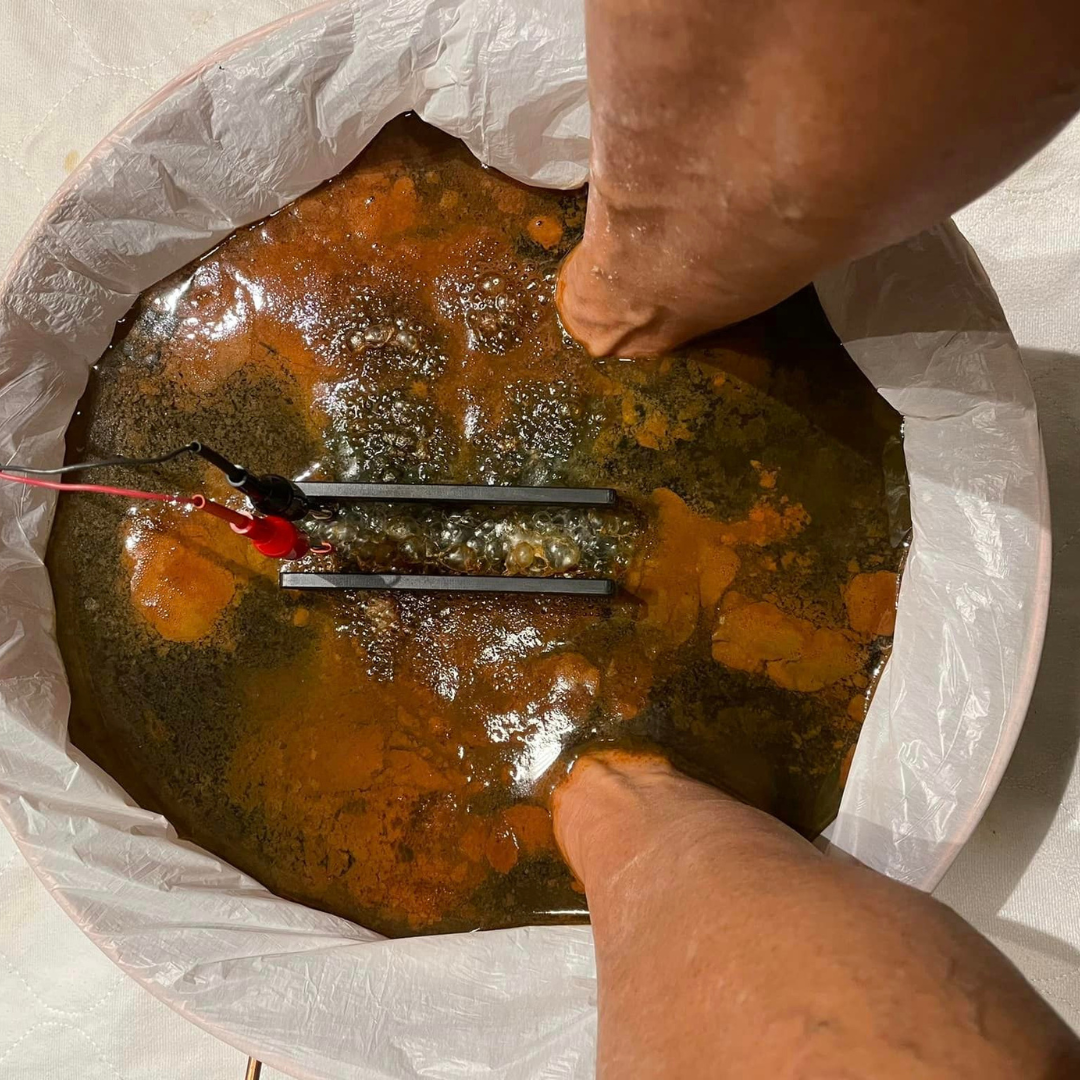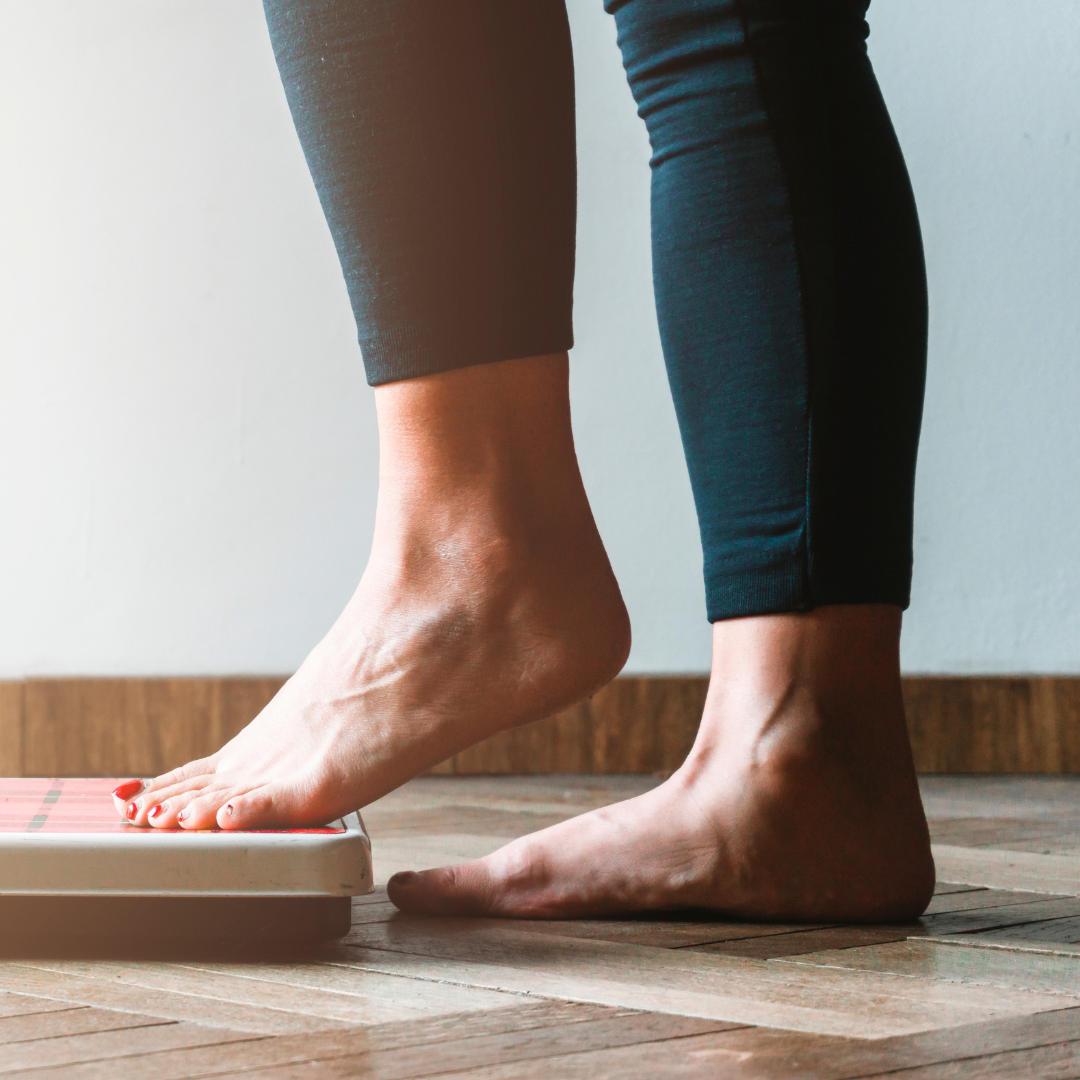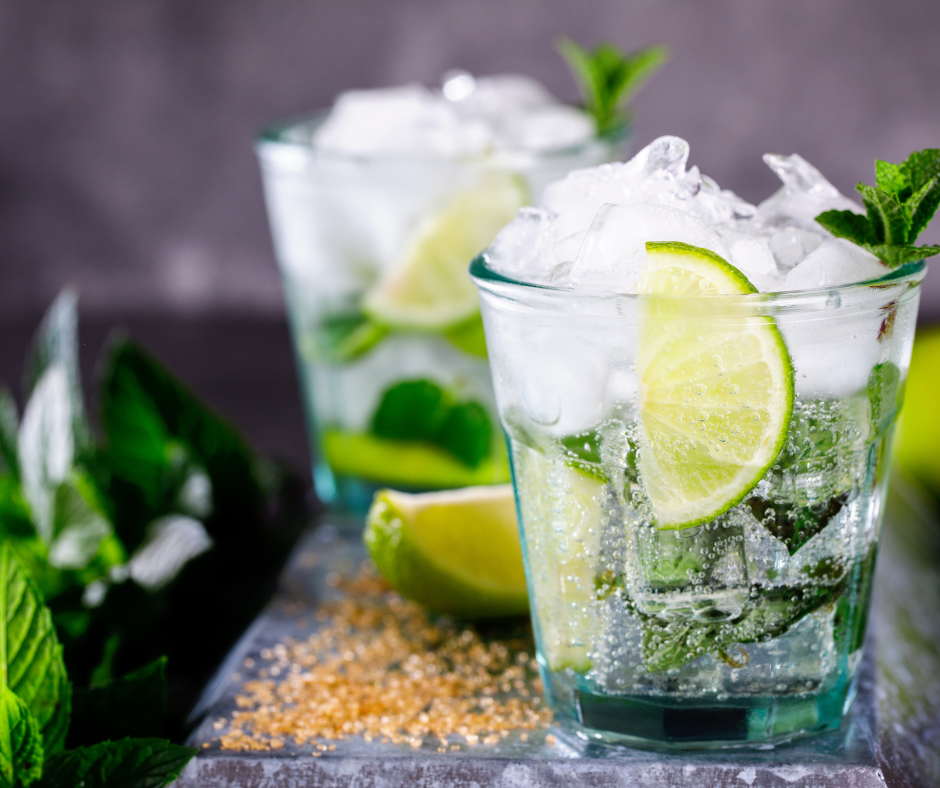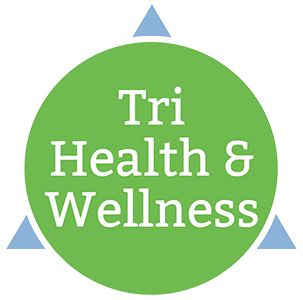Fight Inflammation with Lifestyle Choices
In a world where stress, processed foods, and sedentary lifestyles are becoming the norm, inflammation is on the rise, posing a threat to our overall well-being. The good news is that you have the control to combat inflammation. With strategic lifestyle choices, you can actively reduce inflammation and reclaim control over your health.
Here are a few strategies that may help you decrease or prevent inflammation:
Embrace an anti-inflammatory diet
Stock your refrigerator and pantry with anti-inflammatory foods. Then be sure to eat them! Some foods to try include:
- Spinach and other leafy green vegetables
- Almonds
- Walnuts
- Tomatoes
- Strawberries
- Blueberries
- Oranges
- Cherries
- Dark chocolate
- Salmon (or other fatty fish)
- Tuna
- Sardines
- Mackerel
In general, incorporate unprocessed whole foods into your diet. These types of fruits and vegetables are high in natural antioxidants and compounds from plants known as polyphenols, which have a protective effect against inflammation. Aim for three different colors of fruits and veggies each day.
Another tip: Avoid butter and use heart-healthy olive oil instead. In fact, the Mediterranean diet, which emphasizes fruits, veggies, lean sources of protein, whole grains, and olive oil is one anti-inflammatory diet you might want to try.
Avoid inflammatory foods
Unfortunately, some foods tend to provoke or cause inflammation. Processed foods are especially notorious, as are fried foods and foods that contain a lot of refined sugar (aka refined carbohydrates).
According to Harvard, some of the foods to limit include:
- French fries
- White bread and white pasta
- Prepackaged cookies and pastries
- Red meat and processed meats, like hot dogs and sausages
- Sugary beverages like soda
If you’re struggling to revise your eating habits and replace certain foods with healthier alternatives, consider consulting a registered dietitian for guidance.
Quit smoking
Smoking of any kind, is associated with increased levels of inflammation in the body. If you smoke, vape, or use tobacco products, talk to your primary care provider about the best way to quit.
Limit or avoid alcohol
Alcoholic beverages are inflammatory, so if you want to fight inflammation, limit or avoid them.
Practice stress management techniques
Stress can have an inflammatory effect on the body, so make time for de-stressing activities like meditation, journaling, yoga, walks in nature, reading, spending time with loved ones, gardening, or other relaxing hobbies. Take time away from your phone, computer, and other devices to rest, think, and process your feelings.
Exercise regularly
Does it seem like exercise is often recommended as a potential cure for everything? Maybe that’s because it does help with many health conditions, and a big part of it seems to be its anti-inflammatory benefits. According to a 2020 study on the effect of exercise on the body’s inflammatory response, repeated sessions of physical activity seem to improve your body’s immune system and provide protection against infectious and non-infectious illnesses. Plus, exercise can help you keep weight gain at bay, which may in turn help with goals like improving your heart health or (if you have diabetes) keeping your blood sugar levels under control.
Each week, aim for at least two strength training workouts and 150 minutes of moderate cardiovascular activity, like walking, biking, swimming, hiking, tennis, dancing, or aerobics.
Try to Get Enough Sleep
Not enough
sleep on a regular basis can lead to health problems and is associated with higher levels of inflammatory markers. Here are some sleep hygiene tips that may assist you in getting proper rest:
- Go to bed and wake up around the same time each day
- Sleep seven to nine hours each night
- Sleep in a cool, dark room
- Avoid digital devices an hour before bed
- Invest in a comfortable mattress, pillow, and sheets
- Use a white noise machine to block out distractions
If you still feel fatigued frequently, consider contacting your physician.
Consider a multivitamin
If you’re not eating a healthy diet, you could be missing out on a lot of nutrients that can help you fight off inflammation. A vitamin supplement can help, but should be considered a temporary solution while you work on improving your diet.
Drink Green tea
Green tea is known for promoting reduced inflammation levels, among other benefits. A 2020 study in BMJ Open Diabetes Research & Care, found that Japanese people with diabetes who drank greater amounts of green tea and coffee enjoyed what the researchers called “reduced all-cause mortality.” That is, their hot beverage habits seemed to have some noteworthy health benefits. You can brew up a mug of green tea at home and benefit from those anti-inflammatory effects, or order a cup from a coffee shop when you’re on the go.
Try Turmeric
Turmeric is a distinctive yellow spice that’s popular in Indian and South Asian cuisine. According to the Cleveland Clinic, the major active ingredient of turmeric, which comes from the root of the curcuma longa plant, is curcumin. It’s often heralded for its antioxidants and its anti-inflammatory properties. You can easily add a little turmeric to your own cooking to see if it helps you or take turmeric supplements.
Try Bromelain
Ever heard of bromelain? Bromelain is a mixture of enzymes found in pineapple. Bromelain is considered an effective defense against inflammation from injuries and infections. It’s even used in both oral and topical form to treat surgical wounds and burns in Europe. If you’re interested, consider a bromelain supplement in capsule form, since you can’t get enough from enjoying a few slices of pineapple.
After an injury, inflammation usually takes a few days to go away, but chronic inflammation is another story. It doesn’t develop overnight and it can’t be treated that quickly either. Although some may need traditional medication to help fight their inflammation, the suggested lifestyle and dietary changes mentioned above can make a huge difference in the healing process.
If you or someone you know is suffering with acute and/or chronic inflammation, we can help! We offer a full line of safe, well researched nutraceuticals, including Bromelain, multivitamins, turmeric, omega fish oil, and antioxidants. In addition, we can customize an
IV drip to decrease your inflammation.
Contact us today to get more information.









